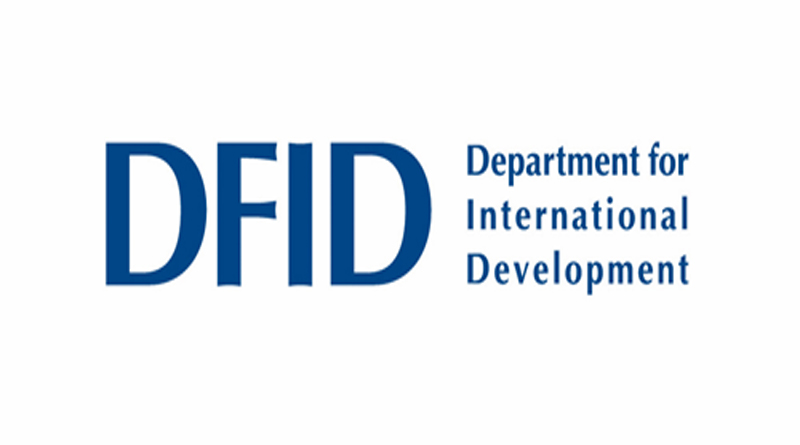DFID-PERL hosts policy dialogue on agriculture in Kano
The UK Department for International Development-funded Partnership to Engage, Reform and Learn (DFID-PERL) program Wednesday hosted a public policy dialogue on agricultural challenges in Kano state, aimed at experience sharing amongst stakeholders towards strengthened partnerships in the agric sector.

PERL, a 5-year governance program brings together governments and citizens groups to collectively address governance challenges for improved delivery of pro-poor public goods and services; the event was attended by stakeholders including famers associations, agric experts, government representatives, agric-focused private sector companies and civil society organizations.
Speaking at the event, Ahmad Abubakar, director of research at the Kano State Ministry of Agriculture said one of the major challenges bedeviling the agricultural sector in Kano was underpricing of agricultural products. “Goods are sold below the targeted price which makes it difficult to get expected minimum profit. Engaging with the private sector will help improve prices and boost agriculture in the state,” said Abubakar.
Also speaking at the event, Prof Yusuf Daraja of the Kano State University of Science and Technology (KUST) said inappropriate policymaking and lack of sincerity on the part of the government were some of the major agricultural challenges in the state adding that there was also lack of synergy between farmers, government, and agricultural research institutes which he said was creating a huge gap in the sector.
In other to address the challenges and strengthen partnerships towards the advancement of the agricultural sector in Kano state, stakeholders at the policy dialogue resolved that farmers associations must be given the opportunity to identify their own challenges and possible solutions to them.
Such challenges were said to be high cost of production, high interest rates on loans, and non-inclusion of the farmers in policymaking for agriculture as well as failure of farmers to repay agric loans. Other challenges identified by the stakeholders were poor funding, lack of clear-cut cum sustainable policy direction and lack of institutional synergy between the stakeholders.











